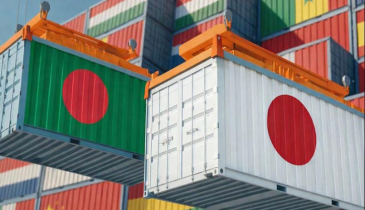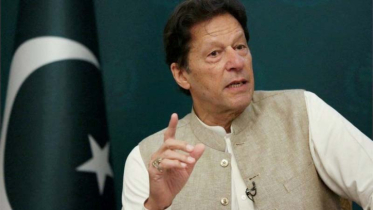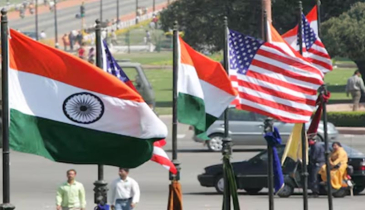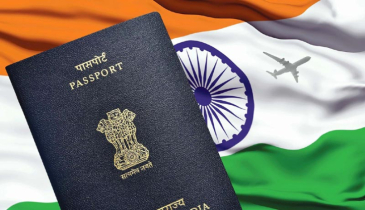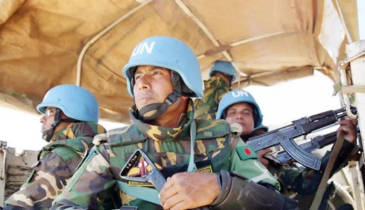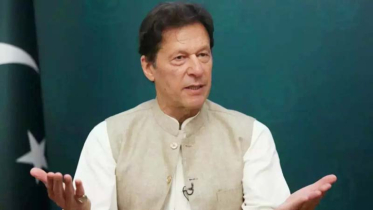World Bank's warning to Pakistan ahead of general elections
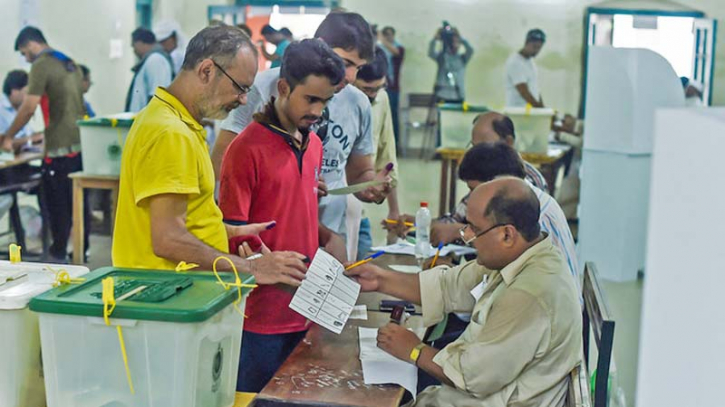
As Pakistan prepares for its upcoming general elections, the World Bank has delivered a candid warning to the prospective government.
The international financial institution has emphasized that while international lenders and development partners can provide advice and some financial support, the critical decisions and course corrections must come from within the country, as reported by Dawn news.
Najy Banhassine, the Country Director for the World Bank in Pakistan, outlined these concerns in a report titled "Reforms for a Brighter Future: Time to Decide." He pointed out that policy decisions in Pakistan are significantly influenced by powerful vested interests, including those within the military, political, and business sectors.
Pakistan currently stands at a crossroads, facing the choice between remaining a nation with a substantial portion of its population (40 percent) living below the poverty line, where elite interests dictate policy decisions, or embarking on a new path towards a brighter future.
World Bank officials cited several pressing economic challenges in Pakistan, including high inflation, escalating electricity prices, the impact of severe climate shocks, and insufficient public resources for development and climate adaptation. Pakistan is particularly vulnerable to the effects of climate change.
Furthermore, Pakistan is grappling with a hidden crisis in its human capital development, characterized by alarmingly high child stunting rates, poor educational outcomes, and elevated child mortality rates. The country's economic model is no longer effectively reducing poverty, and the fact that poverty reduction efforts have regressed since 2018 is a cause for deep concern.
Additionally, the World Bank noted that Pakistan's average real per capita growth rate from 2000 to 2020 was just 1.7 percent, less than half the average per capita growth rate seen in South African countries during the same period. It also lags behind comparator countries with similar economic structures.
Human development outcomes in Pakistan fall behind those of the rest of South Asia and are comparable to those in many sub-Saharan African countries. This disparity disproportionately affects girls and women. Shockingly, almost 40 percent of children under five in Pakistan are stunted, and the country has the world's largest population (20.3 million) of out-of-school children.
.png)


